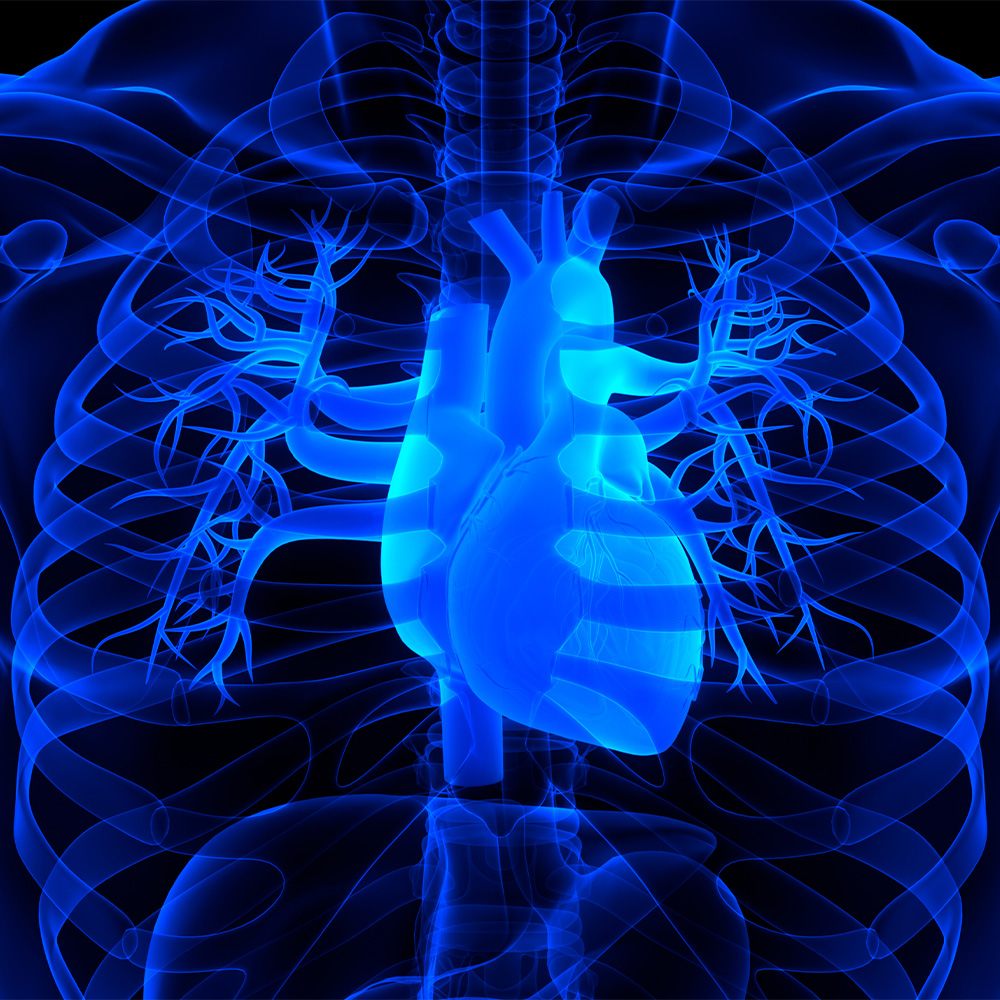UTSW recognized by Pulmonary Hypertension Association
By Cathy Frisinger
The Pulmonary Hypertension Program at UT Southwestern Medical Center recently became one of just a handful of programs in the country and the only program in Texas to be designated as a Center of Comprehensive Care by the Pulmonary Hypertension Association.

Accreditation requires that the program be a leader in both treatment and research. The Center’s director, coordinator, and staff must meet advanced education and experience criteria, the Center must actively manage at least 75 patients, and must have sophisticated physical facilities for meeting all of the patients’ medical needs. The criteria also emphasize “a strong commitment to clinical research, as a part of the larger PH community’s effort to improve outcomes and find a cure.”
Pulmonary hypertension is a condition in which blood pressure in the lungs rises far above normal levels. It can be difficult to diagnose, but if left untreated can lead to right-sided heart failure and life expectancy, if untreated, is short.
There are many causes of pulmonary hypertension, including heart problems and lung diseases like emphysema, and the key to treatment is accurate diagnosis of the cause, said Dr. Kelly Chin, who leads the Pulmonary Hypertension Program. “Most patients come to us not knowing what type they have, and treatment is very dependent on the type.”
A few patients have idiopathic pulmonary arterial hypertension, meaning there is no identifiable cause of their hypertension. Idiopathic pulmonary hypertension was untreatable until the late 1990s when the first drug, an intravenous medication, was approved. “The first oral medication was approved in 2002, and now we are up to seven oral, two inhaled, and two intravenous medications,” said Dr. Chin, Associate Professor of Internal Medicine. “We were involved in key clinical trials during the development of six of these medications.”
When Derrik Young, a store manager for Tom Thumb who lives in Cedar Hill, was first diagnosed with idiopathic pulmonary hypertension in 1999, survival rates were generally just three to five years. Advances in treatment, many of them due in part to clinic trials run at UT Southwestern, have enabled the father of adult twins to continue to live a full life today.
Dr. Chin said the program has grown to become one of the largest in the country, both in terms of numbers of patients seen – around 250 to 300 new patients per year – and size of staff. Patients are seen by Dr. Chin, Dr. Sonja Bartolome, and Dr. Fernando Torres, both Associate Professors of Internal Medicine, along with nurse practitioners Martha Kingman, Kelli Thurman, and Scarlett Harden. The staff includes three full-time nurses, Beverly Gamboa, Kay Jones, and Jessica Lee. Five clinical researchers coordinate research trials focusing on treatments for pulmonary arterial hypertension as well as other forms of pulmonary hypertension.
###




